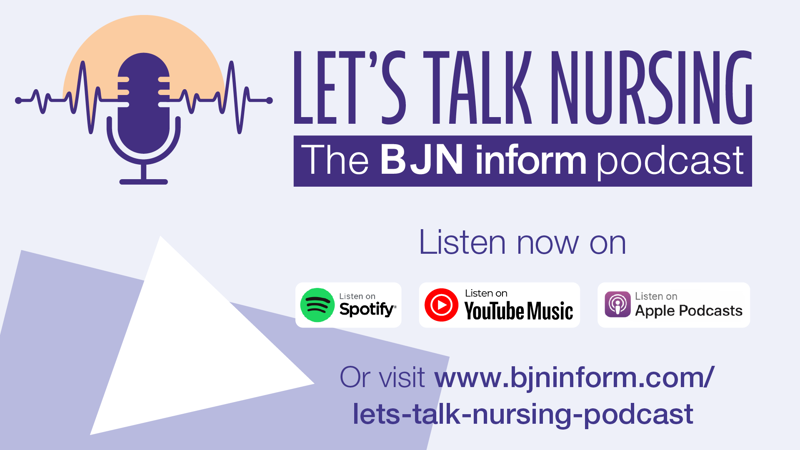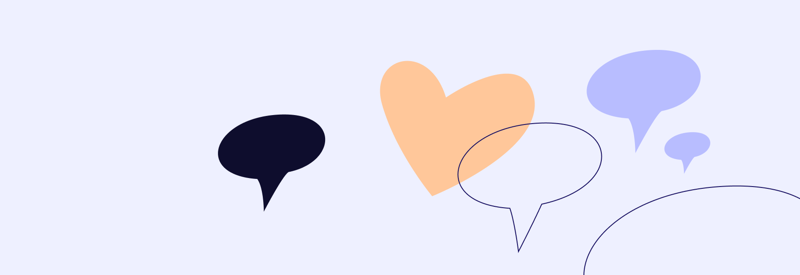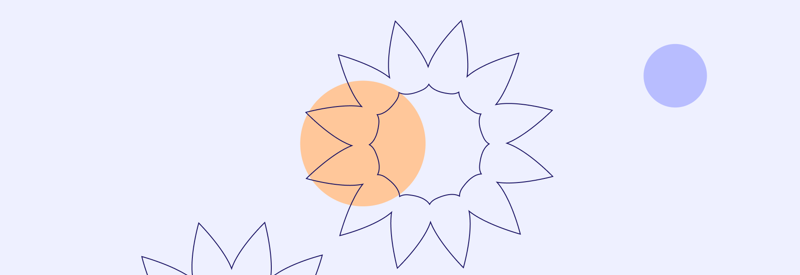Informed nurse
The BJN inform newsletter (28th February 2025)

Welcome to the February issue of the BJN inform newsletter – your go-to resource for the latest articles on all things nursing.
New to the platform? BJN inform is a mentor-in-your pocket digital resources for nurses, nurse associates and nursing students, providing you with easy-access articles on topics across clinical areas, person-centred care, career and nurse wellbeing.
In this issue of the newsletter, learn about the importance of nutrition in wound care, discover a nurse’s personal journey in navigating her career with dyslexia and find an overview of the mental health first aid programme.
But first, a quick reminder that all seven episodes from the first season of Let’s Talk Nursing are available on your preferred platform for podcasts.

Let's Talk Nursing
Haven’t heard of our podcast? Let’s Talk Nursing offers real stories, expert insights and practical advice on person-centred care, nurse wellbeing and career development.
You can also listen to the episode on Spotify, Apple Podcasts, YouTube, or wherever you get your podcasts.
Wound nutrition
Nutrition is an essential consideration when treating pressure ulcers, as macronutrients, micronutrients and fluid are essential for body tissue repair. In this clinical overview, Isabel Bruno (Tissue Viability Nurse Specialist, CSH Surrey) outlines the role of macronutrients and micronutrients in wound repair and provides step-by-step instructions on how to conduct a Malnutrition Universal Screen Tool assessment. The article also summarises the six steps involved in malnutrition management.
Mental health first aid
Mental health first aid is a training course that aims to equip individuals with the skills needed to support people experiencing a mental health crisis. This training is particularly valuable for nurses, as it enhances their ability to support patients and colleagues during periods of mental health challenges. Mental health first aid can be a useful tool regardless of clinical specialty or area of practice.
Note: This is free to access, only for this month!
From diagnosis to practice: embracing dyslexia in nursing
Sarah Butler, lecturer at the University of Hull, shares her personal journey of overcoming the challenges posed by dyslexia in her nursing career. Discovering she had dyslexia 6 years into her nursing career was a moment of both understanding and comfort for Sarah. In this article, Sarah also outlines coping mechanisms and recommendations to fellow nurses with dyslexia.
If you have a subscription to BJN inform, you can access all the articles via your institutional login.
If you're facing any issues, have questions or feedback, or would like to speak with us about a no-commitment demo or trial, please get in touch with us at institutions@markallengroup.com.

